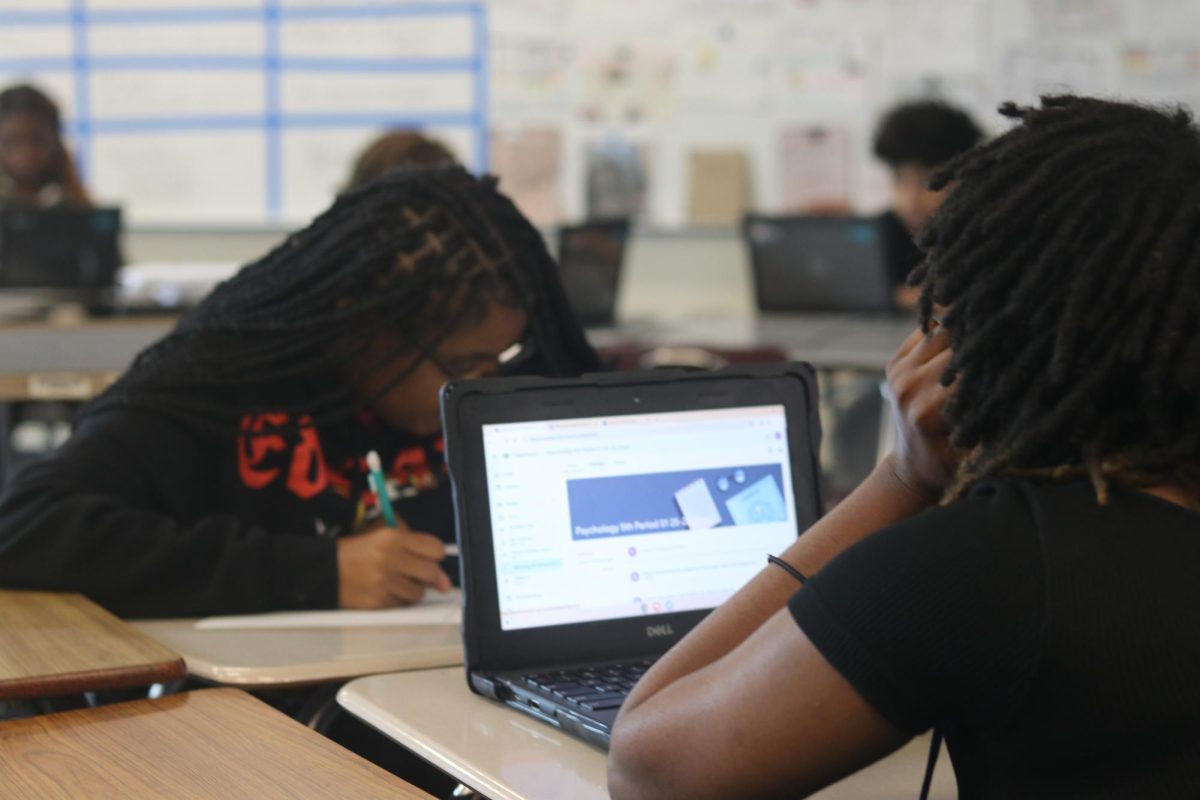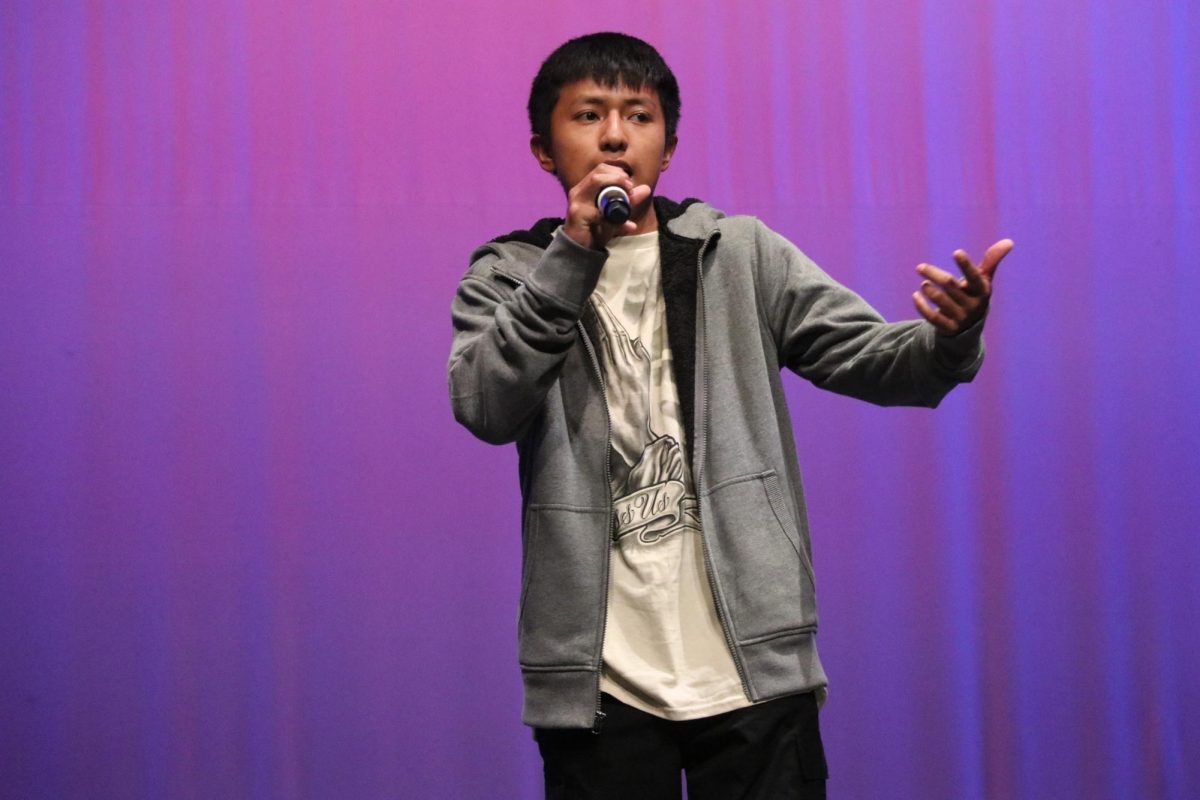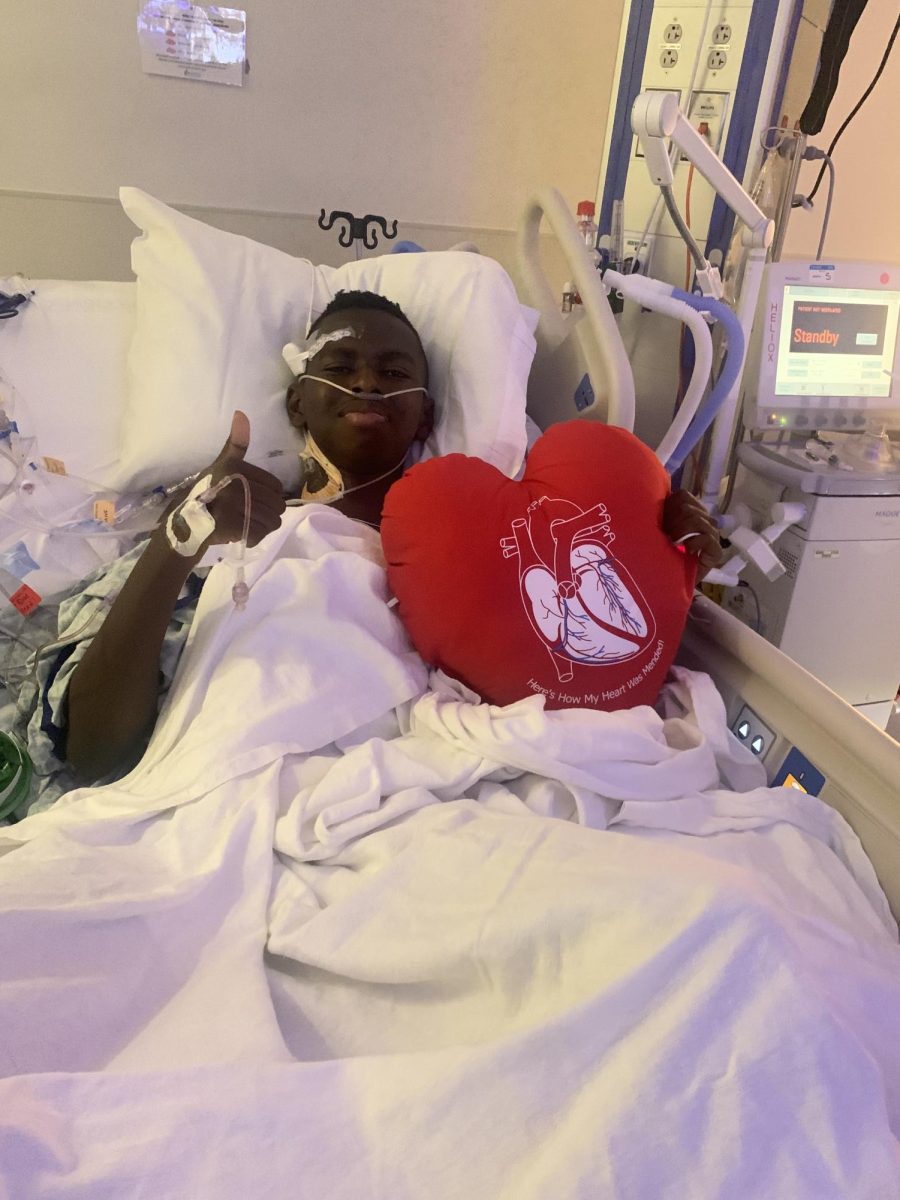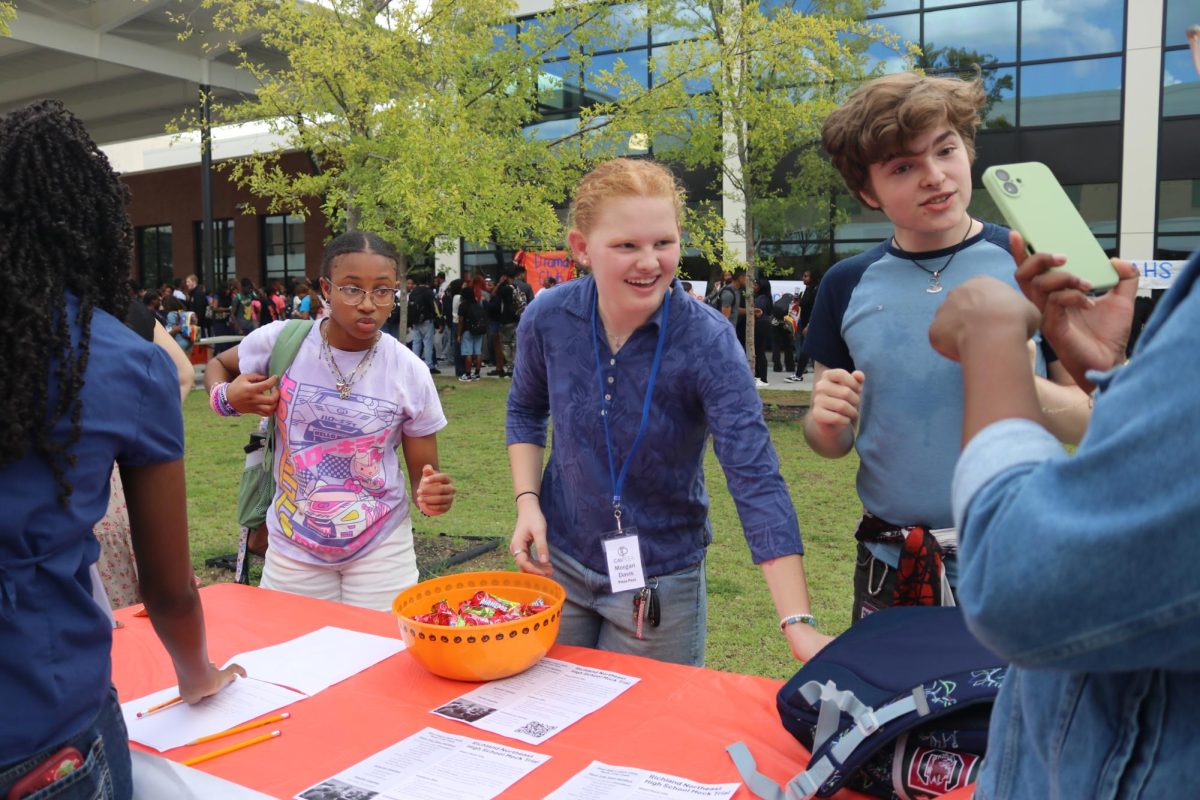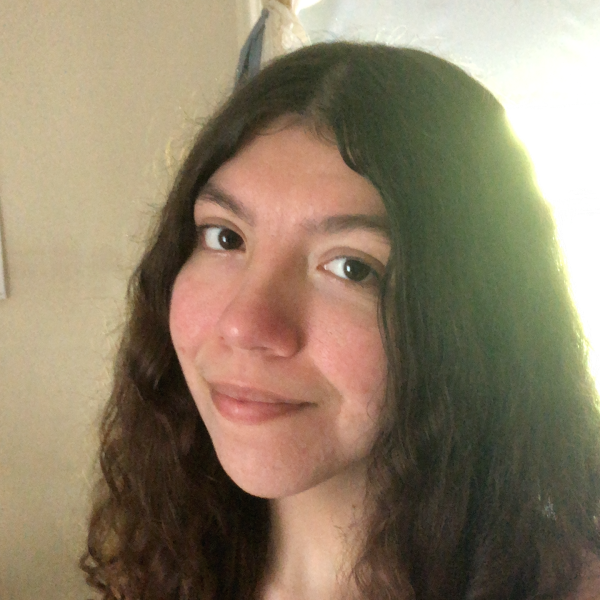“I remember as a kid, my mom told me to hide my baby Jesus, because I got him for the first time. She went, ‘Hide it!'” laughed sophomore Leslie Martinez-Garcia as she reminisced on her earliest days celebrating Three Kings Day, one of her favorite holidays as a Hispanic individual.
National Hispanic Heritage Month is celebrated from September 15 to October 15 every year to recognize the influence Hispanic Americans have had on culture and history in the U.S. This year, the Saber spotlighted a few of RNE’s many Hispanic students and asked them about their favorite traditions within their culture.
“I dunno about other Hispanics out there, if they’re ashamed of it, if they’re in love with it as much as I am. But I truly do love my culture,” said Martinez-Garcia. “The food, the family, some of the activities we do. Like during Christmas, to celebrate it, not only do we do Christmas presents, we also get this… bread, either during church or during a housewarming party. We just cut up the bread, and whoever gets the little baby Jesus has to make food for the entire family.”
“[I like] how we celebrate it with family,” said junior Yoalis Echevaria-Gonzales of the same tradition – called Rosca de Reyes – where a wreath-shaped cake with a tiny baby Jesus doll hidden inside is cut and distributed to guests of the function. The task of hosting the year’s festivities is given to the one who finds the doll. Rosca de Reyes is a major part of Three Kings Day, an observance of the time the Three Wise Men visited baby Jesus in Biblical text.
Freshman Nevaeh Chandler-Dominguez said she enjoyed another notable Hispanic tradition: quinceanera. “When you turn 15, it’s like a big birthday,” said Chandler-Dominguez. A girl’s quinceanera is hosted on her 15th birthday to symbolize her transition to womanhood. It’s typically celebrated with a mass at the celebrant’s church with her and her family, followed by a festive reception attended by extended family and friends. The reception features music, food, and dancing.
But whether they’re celebrating a winter holiday, a birthday, or neither, all three enjoy the connection they have with other members of the Hispanic community.
“You can speak Spanish and talk to people,” said Chandler-Dominguez.
“I get to learn about other people’s backgrounds, [learn] if they speak Spanish or not, and I get to communicate with others and help others out,” said Echevaria-Gonzales.
“Hispanics really do, like, come from a big, loving family. You really just have this bond with [them] that you just can’t get rid of,” said Martinez-Garcia. “It’s definitely a blessing.”




